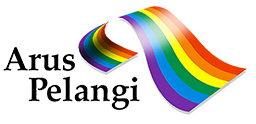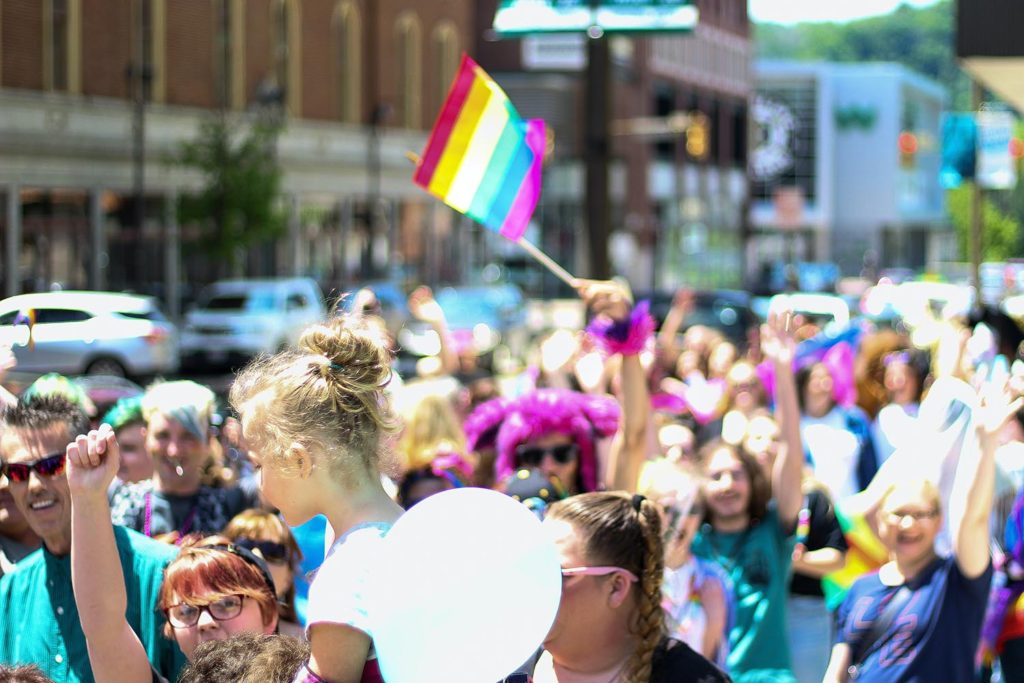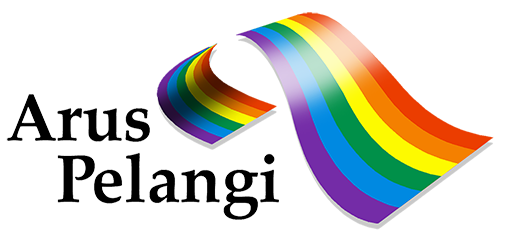When I was first asked to write this article, there was a great scare in my activist mind and heart because I did not, nor do I now, feel educated and competent enough to talk about the trans* issues and contexts in which they appear. After taking some time to think about the topic and place it in the context of the country I am writing from, I realized that the lack of education when it comes to trans* questions and discourse is a global issue, regardless whether we come from the so-called “Global South” or “Global North”.
Bosnia and Herzegovina is a rather small country in the Southeast of Europe, and it is, to my constant surprise, considered as a part of the “Global North”. When talking geographically, there is some slight possibility to put this country in that binary bin, but talking about human rights, it is safe to say that it could not be moving more “to the South” than it already is. Bosnia and Herzegovina, or short BiH, does not have many legal regulations regarding the human rights of LGBTI persons, and we have been moving very slowly in this direction, because the fight has so many different components that one cannot concentrate on AN issue and ignore the other elephants in the room, taking into consideration that our fight, as we all know, comes in plural.
After this short recap of who, what, when, where and how or how not to, it is time to share some thoughts on the trans* movement in BiH, or lack thereof. In my opinion, the T in the LGBT in BiH is completely invisible and after talking to some of my trans* friends, but also LGBI persons and allies, who try to create safe spaces for the T’s, it has become clear that our comrades in this fight have been left out, and instead of fighting only against the patriarchal, binary system they must also fight for a place under the LGBTI rainbow, which is not fair nor just because it is their space too and they have the right to count on the support of their fellows. It is important to mention the all present paradox of our society and its system, where there is a possibility for trans* individuals to change their names and other documents while or after the transitioning process, but there is no support from the medical aid, and there is even less support and acceptance from the society. Amongst many of the issues regarding this topic, one of my biggest concerns is the enormous lack of education and interest in the T themes, data, needs, interests, etc. within the movement itself, let alone the general public. Trans* individuals are considered by our “modern” society as either “sickest of them all”, or they are not being taken seriously because “What do you mean your sex does not match your gender identity? That is physically impossible.”. There have been a couple of brave, but more importantly, persistent individuals in my surroundings who have decided to go those one too many extra steps to fight this battle, and they went through hell and back just to find out what the procedures are, which has left them very insecure and disappointed in this country and the people inhabiting it.
As the current societal climate rejects a discussion on many different topics which include any kind of momentum, progress or change, the trans* individuals are also affected by that and remain mainly in the closet, with only a dozen or so persons who talk openly about their identities in the public space. This creates a pretty small and not “accessible to everyone everywhere” circle of people but despite the small numbers, these persons are trying their best to create a space where they could invite the other trans* members of our community and give them the support and possible education and information, as well as a safe space where they can be who they truly are and express everything they consider crucial for the T in LGBTI. In my opinion, there is a certain kind of support and openness which cannot be given to nor shared with anyone else but the people who are “the same as you”, i.e. the persons with whom you can connect on a variety of levels, especially when it comes to the highly stigmatized and systematically rejected topic such as SOGI.
Now, after being active for five years in both the women’s and LGBTI movement of Bosnia and Herzegovina and attending a variety of seminars, educations, trainings, actions and debates on these topics, I can say that I have yet to learn a great deal about the struggles my fellow activists are facing and open my mind and heart even more to the sufferings and battles of the Other in order to remain in strong connection with my own identities and the struggles I have yet to face as a women, a lesbian, an activist.
Marija Vuletic – CURE Foundation
Sarajevo, Bosnia and Herzegovina


